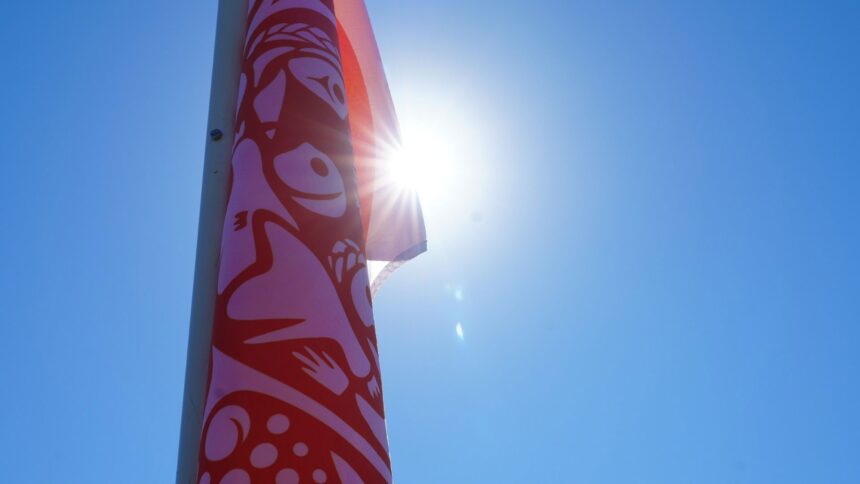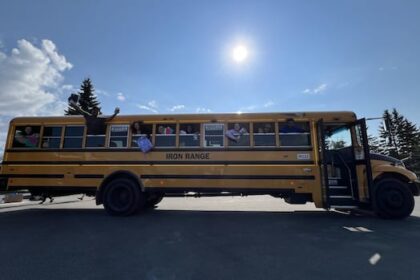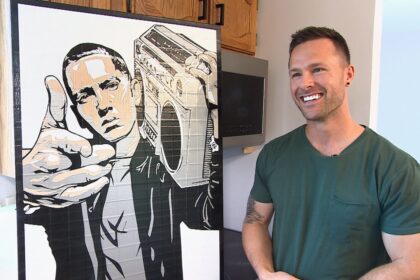A not-for-profit organization that is keeping track of how governments across the country are responding to the Truth and Reconciliation’s 94 calls to action says nearly half aren’t being responded to. According to Indigenous Watchdog, work on 16 calls to action hasn’t started, 22 have stalled, 42 are in progress and 14 are complete. The TRC’s calls to action were aimed at governments, various institutions, First Nations child welfare and churches. Its December 2015 report was the result of thousands of interviews with residential school survivors, public gatherings and government records. In the 1800s, the government started the residential school system. Approximately 150,000 Indigenous children were taken out of their communities and put in poorly run schools operated by churches but funded by the federal government. According to the TRC, 4,000 children did not make it home. “Reconciliation is achieved only through acting differently,” said the late Murray Sinclair, commissioner of the TRC, when its report was released. “I challenge all of you who are here. While we may not share a past, we certainly share a future. We are bound to each other.” Commissioner Justice Murray Sinclair, Commissioner Chief Wilton Littlechild and Commissioner Marie Wilson (right to left) listen to a speaker as the final report of the Truth and Reconciliation commission is released, Tuesday December 15, 2015 in Ottawa. Photo: Adrian Wyld/The Canadian Press. According to the Indigenous think tank, Yellowhead Institute, the health care system often relies on “land acknowledgments, cultural safety training, or project-based initiatives while avoiding commitments that transfer power or resources to Indigenous Peoples.” A report released specifically on the health care system found that “Indigenous-led healing centres remain underfunded, jurisdictional disputes continue, and Indigenous health education is inconsistently embedded in medical and nursing curricula. “Although promising initiatives exist, system-wide transformation is lacking. Reconciliation in health will require Indigenous-led accountability frameworks, co-governance, sustainable and flexible funding, transparent reporting based on Indigenous-defined indicators, and full implementation of UNDRIPA obligations. Without these shifts, reconciliation risks remaining rhetorical rather than transformative,” the report said. “In fact, we find Canada’s health systems have perfected performative reconciliation.” In a statement on Sept. 30, Prime Minister Mark Carney, who is under fire from Indigenous leaders over the fact that his government did not consult them before introducing the Building Canada Act, said reconciliation is a “generational task.” The statement did not mention the TRC’s calls to action. Continue Reading
After 10 years, a number of TRC calls to action remain unanswered

Leave a Comment










